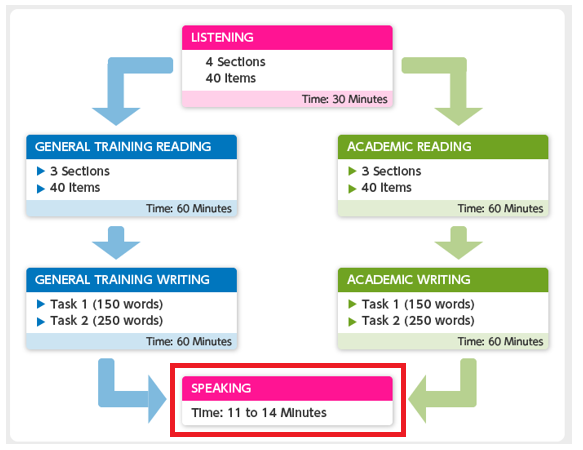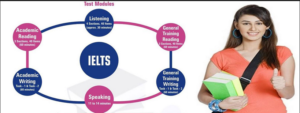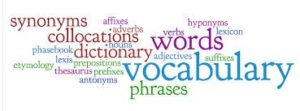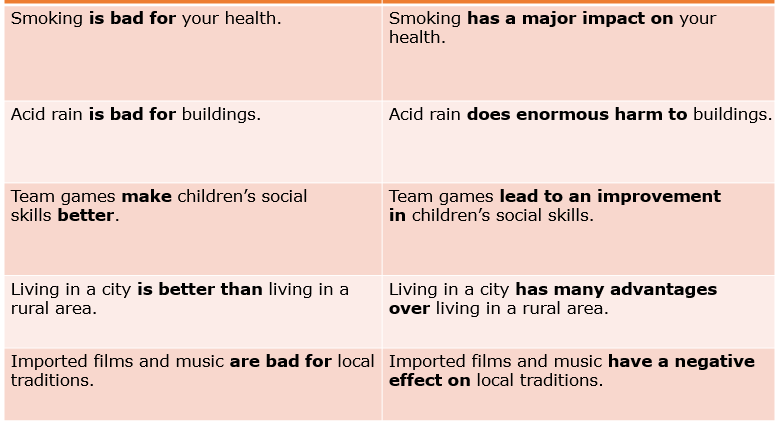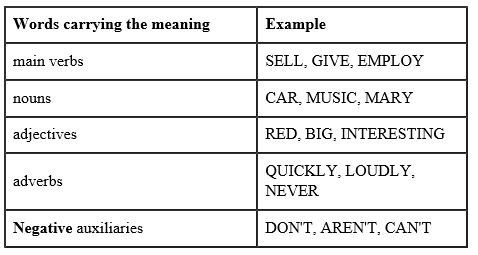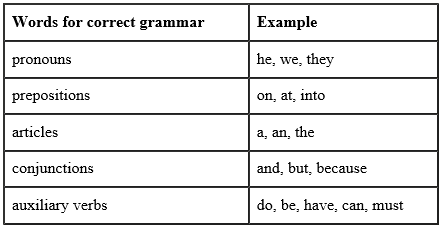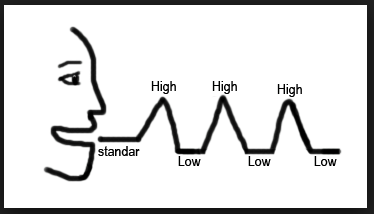▮ 「仮定法過去」を使って願望を表現してみる!
試験官はどの程度複雑な構文を使っているか、表現の多様性にも注目しています。文法の間違いには気を付ける必要がありますが、得点を延ばすには難しい表現にもチャレンジしてください。 それには日ごろから話の中で使って覚えるしかありません。
-
If I had more X, I would … (もっとXがあれば、…するのになあ)
例文:If I had more money, I would travel more. (もっとお金があれば、もっと旅行するのに。) 実際はお金がないので旅行ができない。
例文:If I had more time, I would study more. (もっと時間があれば、もっと勉強するのに。) 実際は時間が無くてできない。

仮定法の表現です。自分の考えや事実だけを淡々と話すことだけではなく、仮定法を使って、願望を表してみてもいいでしょう。
仮定法の表現はこれだけではありませんから、少し表現に多様性を持たせるために、
アイデアの出し方も考えていきたいものです。
▮ 間を空けないための表現
試験管からの質問には間を空けずスムーズに答えるようにしたいものです。
そこで以下に答え始める決まり文句をいくつか紹介しましょう。
-
好みや志向を伝える表現
I much prefer….. (・・・の方がすっと好きです)
例文:I much prefer the town to the country . (私は田舎よりも都会がずっと好きです)
I enjoy …. Much more than 〜 (〜より・・・のほうがずっと楽しめます)
例文: I enjoy this town much more than the country. (わたしは田舎よりこの町が大好きです)

-
見解を伝える表現
I think / believe / feel that…(…だと思います/ 信じています/感じています
In my opinion,… (私の考えでは、・・・)
-
理由を述べる表現
The main reason is (that )…. (主な理由は・・・)
One reason is ( that ) ….. ( 1つの理由は・・・)
Another reason is (that )…. (もう1つの理由は・・・)
It’s because…. (というのは・・・)
-
好き嫌いや興味を伝える表現
I really like …. (本当に好きです)
I don’t really like… because〜 (・・・は好きではありません、それというのも〜 )
I’m interested in…. ( ・・・に関心があります)
さて、上記のように例としていくつかのフレーズを選んでご紹介致しました。
できるだけ多くの決まり文句を繰り返して使うことで、素晴らしい表現力が備わります。




